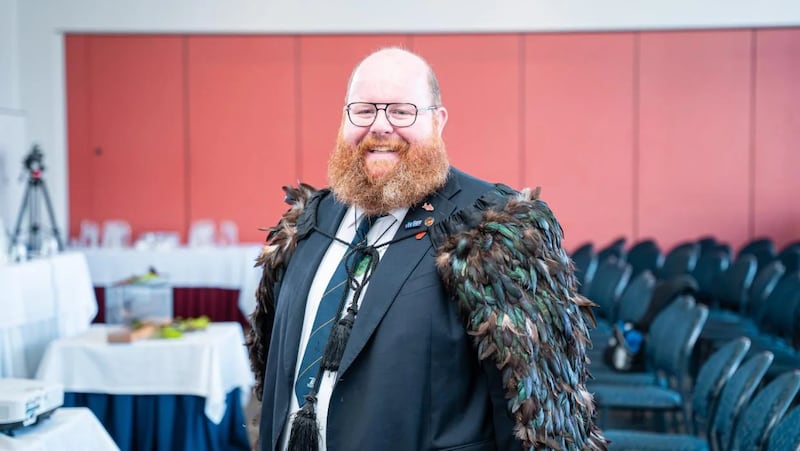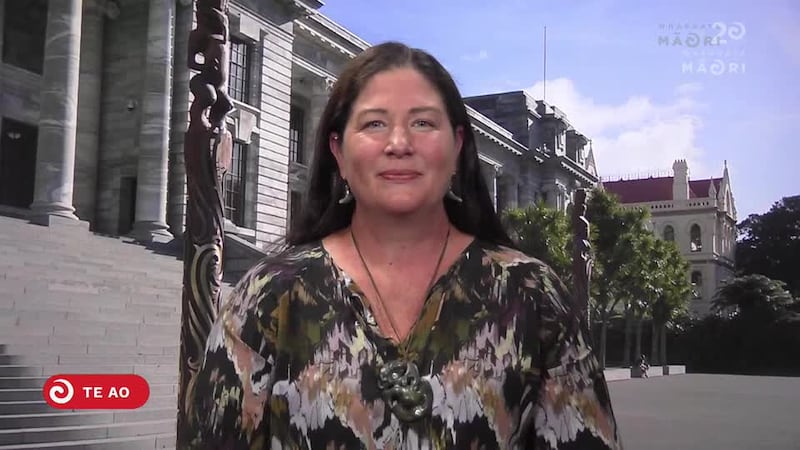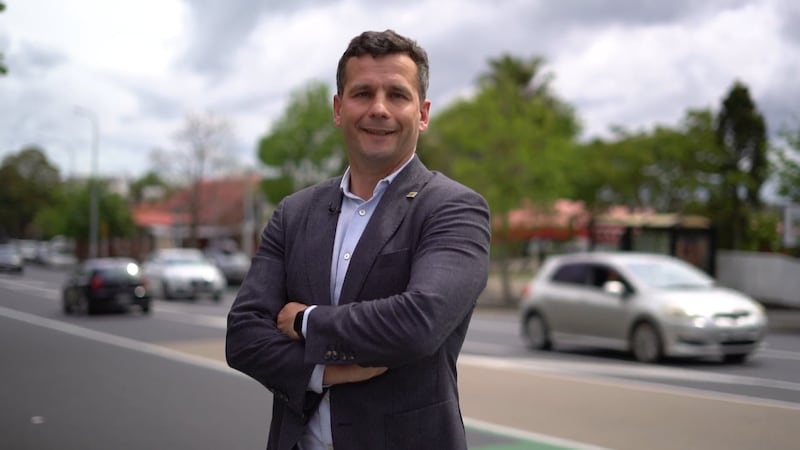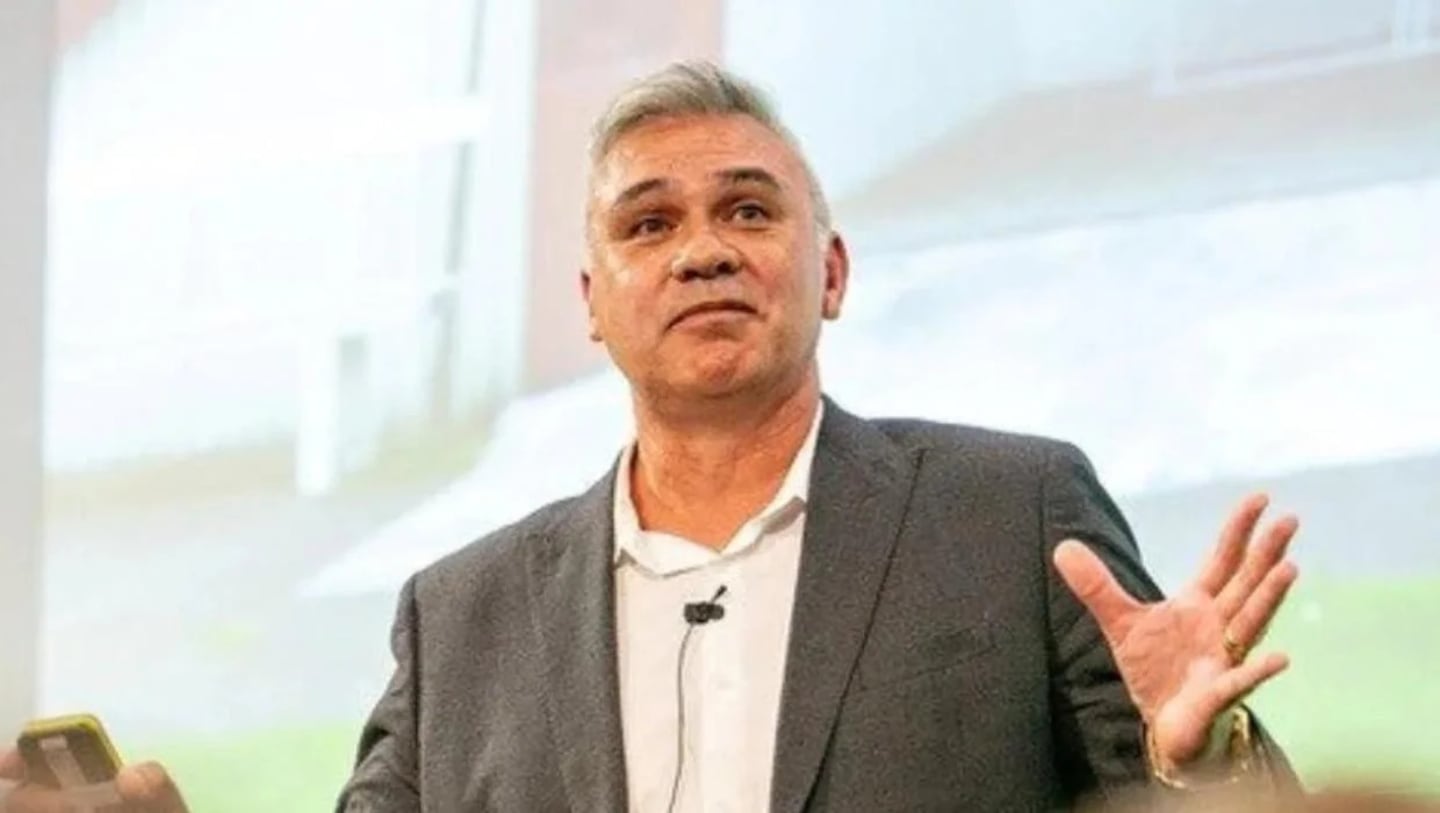This article was first published by Stuff.
As the commemoration day for the New Zealand Wars approaches, reporter Karanama Ruru investigates teachers’ fears about the coalition government’s deal to ‘restore balance’ to our history education.
It’s just a few days ahead of Te Pūtake o te Riri - He Rā Maumahara, the national day of remembrance of the New Zealand Wars, and Bruce Jepsen is pulling no punches.
The president of Te Akatea, the Māori Principals Association, is talking about Aotearoa’s revamped history curriculum, and the coalition government’s plans to change it.
“The history curriculum … has been a collective endeavour to create some balance.
“This suggestion that we need to rebalance is inaccurate [and] inflammatory. It suggests the balance has fallen more toward Māori, which is untrue and utter misinformation.”
As part of the National and ACT coalition agreement the government pledged to “restore balance” to Aotearoa’s history curriculum.
ACT railed against the curriculum, saying it “divides history into villains and victims, contains significant gaps, and entrenches a narrow understanding of New Zealand’s history”.
The curriculum was compulsory for Years 1-10 from the start of 2023 and focused on four main ideas: Māori history as the foundational history of New Zealand; colonisation; the use of power; and relationships and connections between people.
What “restoring balance” actually means remains unclear, but Jepsen said criticisms that not enough global history was being taught might mean more emphasis on global events, rather than local.
“We started from a place of education being dominated by a Western Eurocentric view of knowledge and value, so all of [the curriculum changes] have happened to try and get balance,” he said.
“So rebalance, how it’s framed in terms of the current political discourse, is to take us back to imbalance and to challenge the balance that we tried to create.”
He Rā Maumahara, a national day of commemoration for the New Zealand Land Wars on October 28, came about after a group of Ōtorohanga College students organised a 12,000-signature petition and presented it to Parliament in 2015.
The petition called for a day of remembrance, as well as raising awareness of the wars and how they relate to local history for schools and communities, and for local histories to be introduced to the New Zealand curriculum.
Now, nine years later, schools are expected to teach about Te Tiriti o Waitangi, the ongoing development of New Zealand’s national identity through immigration, and colonialism in the Pacific, including New Zealand’s role in colonisation through control of nations such as Samoa.

Chris Abercrombie, president of the Post Primary Teachers Association (PPTA), and a history teacher for 18 years, said he had significant concerns about the plan.
“What does balance mean? Have we had balance in our history teaching before?.
“For the first time, Māori and Pasifika students are going to see themselves in the history that we teach, and we cannot lose that.”
Abercrombie said teaching a comprehensive history curriculum is vital for New Zealand, and he would hate to see that go backwards.
“I’m concerned, based on some of the rhetoric coming out of some parts of the coalition government, that the place of Māori history will be diminished in the curriculum and there could be a glossing over of some of the areas of our shared history.”
New Zealand History Teacher Association (NZHTA) kaiārahi Craig Thornhill said it was unclear what restoring balance to the history curriculum would look like, but the association would consult with the Ministry of Education over any suggested changes.
“The current curriculum acknowledges Aotearoa’s history - the good and the bad - and teaches ākonga [students to think critically about the past and what it means for us in the present. It would be a shame to remove any of it,” he said.

‘Something many of us grew up wishing we knew more about’
Labour associate education (Māori) spokesperson Willow-Jean Prime said the revamped curriculum allowed children to learn about New Zealand’s history - something “many of us grew up wishing we knew more about”.
“When it comes to our history on conflicts – we know more about events overseas than what happened in Parihaka, Ruapekapeka and wars that happened right here in our backyard,” she said.
“When this government talks about rewriting or rebalancing, what it really means is not telling some of the important stories that have influenced and shaped New Zealand.
“The Ministry of Education worked alongside historians, curriculum experts, iwi and mana whenua, students, teachers and parents to ensure this curriculum was robust and fit for purpose and the Government should trust that work.”

An Education Review Office report in May found although teachers enjoyed teaching the new curriculum, they were “overwhelmed by the scale of changes”.
Schools found developing their curriculum challenging and time-consuming, often struggling to understand what was required and lacking the skills to develop the curriculum.
ACT Leader David Seymour said the curriculum should not divide New Zealand into two groups and “blame all our problems on colonisation”.
“… a balanced curriculum should explore our shared status as descendants of migrants, our growing civil rights and liberties, our achievements in business and technology, and our citizens’ participation in two World Wars,” he said.
Education Minister Erica Stanford said to expect changes in the social sciences in 2025, which will include history.
“ERO recommended providing clearer expectations about what needs to be covered to make sure all areas of NZ Histories are taught, including the national and global context,” she said.
“All Kiwi kids deserve to learn about New Zealand’s history as well as understand its connection to global contexts.”
In 2018, Stuff led a campaign to make teaching New Zealand history compulsory in schools.
This was followed in 2019 by a petition calling for the “coherent” teaching of New Zealand history to be made compulsory in schools by the NZHTA that attracted more than 3000 signatures.
- Stuff

